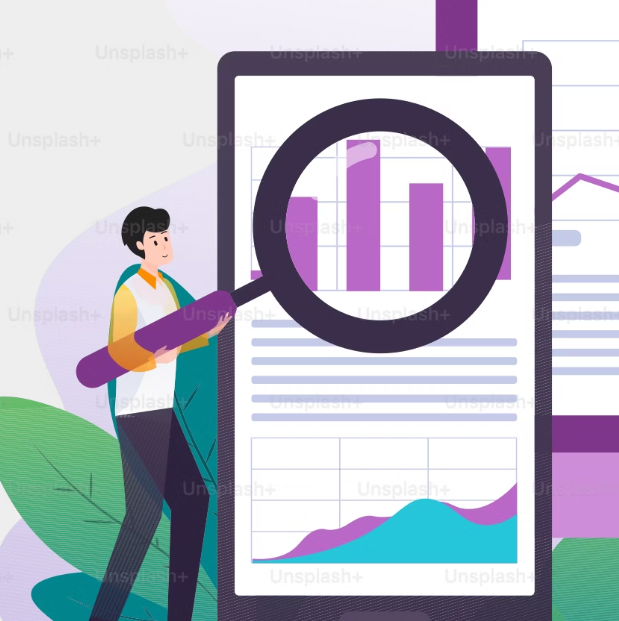List of articles
The Power of Aged Facebook Accounts: Bypass Restrictions & Scale Your Ads
2025-07-29 14:49:06
Why many business owner rely their business on facebook?
2025-01-28 12:00:17
Are you looking a multiple personal facebook acounts for your business?
2024-09-23 21:10:03
Featured Posts
The Power of Aged Facebook Accounts: Bypass Restrictions & Scale Your Ads
2025-07-29 14:49:06
Are you looking a multiple personal facebook acounts for your business?
2024-09-23 21:10:03
Why many business owner rely their business on facebook?
2025-01-28 12:00:17




